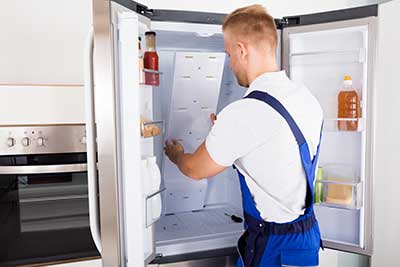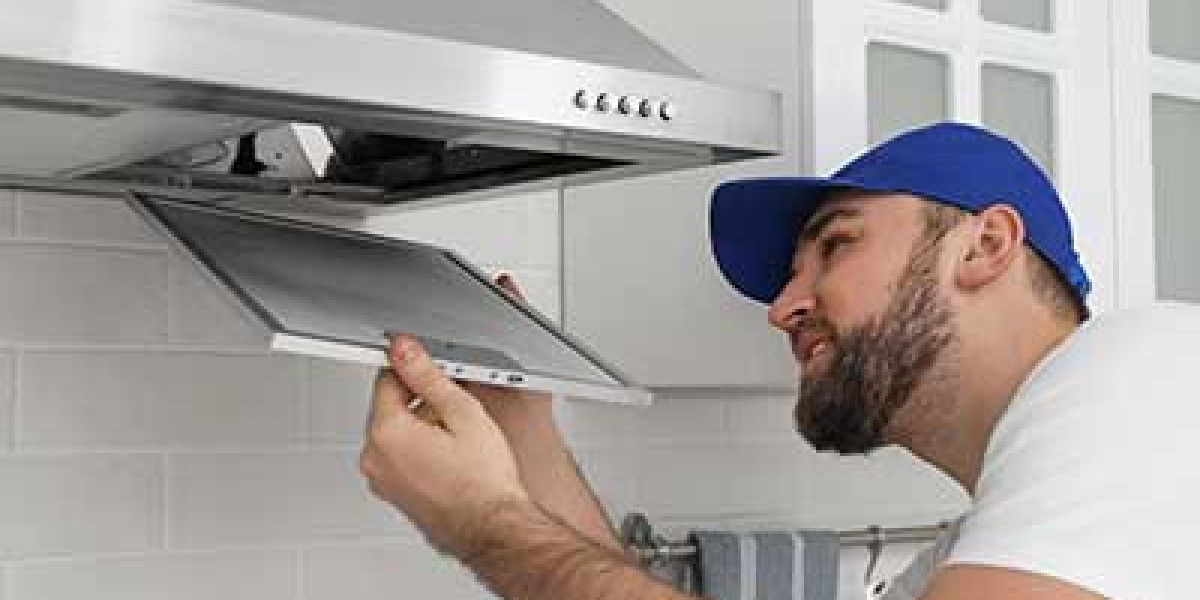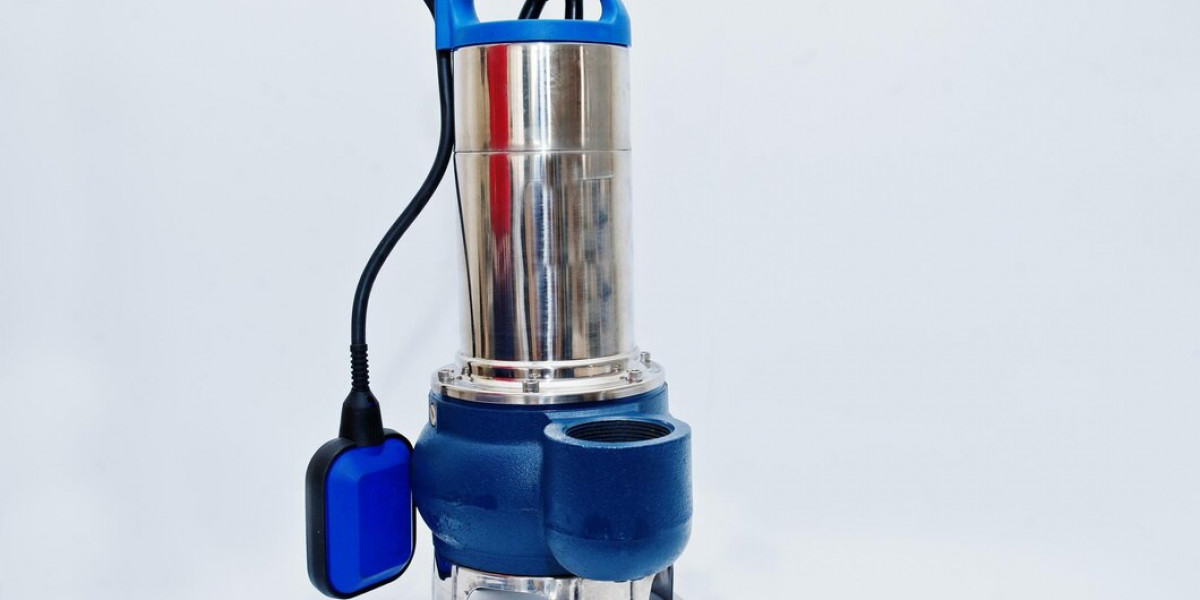A freezer is an indispensable part of any kitchen, designed to keep food frozen and extend its shelf life. Whether you use it to store bulk items, meal preps, or leftovers, a malfunctioning freezer can lead to spoiled food and major inconvenience. Knowing how to troubleshoot common freezer issues and understanding when to seek expert help can save you time, money, and prevent frustration. This guide will walk you through common freezer problems, troubleshooting tips, and advice on when it’s time to call in a professional for repairs.
Common Freezer Problems
Freezers can develop a variety of issues that affect their performance. One of the most common problems is inconsistent or improper cooling, which can cause frozen foods to freezer repair partially defrosted. This may be due to issues such as a malfunctioning thermostat, clogged vents, or problems with the compressor. Another frequent issue is frost buildup, which can obstruct airflow and reduce the freezer's efficiency. If your freezer is making strange noises, it could be a sign of a malfunctioning fan or compressor. Water leaks inside or around the freezer are also a common concern, typically resulting from a clogged defrost drain or faulty door seals. Recognizing these common problems early can help prevent more severe issues down the line.
Troubleshooting Cooling Issues
If your freezer is not cooling properly, the first step is to check the thermostat settings. It’s possible that the temperature has been accidentally adjusted too high. Lowering the temperature setting to the recommended range (usually between 0°F and 5°F) can often resolve the issue. If the thermostat is set correctly but the problem persists, you may need to inspect the condenser coils, which are typically located on the back or beneath the appliance. Dust and dirt can accumulate on these coils, making it harder for the freezer to cool. Clean the coils with a vacuum or coil brush to improve efficiency. If this doesn’t fix the issue, the problem may be with the evaporator fan, compressor, or refrigerant levels, which require professional attention. An expert technician will have the tools and expertise to diagnose and repair these problems effectively.
Excessive Frost Buildup
Frost buildup is another common issue in freezers. A small amount of frost is normal, but excessive frost can indicate a problem with the defrost system. In most freezers, the defrost system includes a defrost heater, a timer, and a thermostat that work together to melt frost and prevent accumulation. If this system malfunctions, frost can build up on the evaporator coils, reducing airflow and affecting cooling. In some cases, the freezer may begin to form ice on the walls or shelves. The issue may also stem from a blocked or frozen defrost drain, which is responsible for carrying excess water away from the freezer during the defrost cycle. If you notice significant frost buildup, it’s best to call in a professional to assess and repair the defrost system. Attempting to fix this yourself can be time-consuming and may not address the root cause of the problem.
Water Leaks and Puddles
Water leaks around your freezer can create a mess and lead to floor damage if left unaddressed. A common reason for water leaks is a clogged defrost drain. When the defrost system malfunctions, water from melted frost or ice cannot drain properly, causing it to pool inside the freezer. To resolve this, locate the defrost drain (usually at the bottom of the freezer compartment) and clear any debris or blockages. If the leak continues, the issue might be with the door seal. A damaged or cracked door seal allows warm air to enter the freezer, causing condensation to form inside. Inspect the door seal for tears or misalignment and replace it if necessary. Additionally, ensure that the freezer is level, as an uneven appliance can cause water to accumulate inside. If you’ve checked these components and the leak persists, it’s time to call a technician to diagnose and repair the issue.
Unusual Noises
Unusual noises coming from your freezer can be a sign that something isn’t working correctly. Common sounds include buzzing, humming, or rattling. Buzzing or humming noises often indicate that the compressor is running continuously, which could be due to a malfunction in the thermostat, the condenser coils, or the compressor itself. A rattling noise could be caused by a loose or worn-out fan or motor. If you hear clicking or buzzing sounds, it may mean that the evaporator fan or condenser fan motor is obstructed or malfunctioning. These parts are essential for proper airflow and cooling, so if they’re damaged or malfunctioning, the freezer’s efficiency can be compromised. While cleaning the coils or removing debris from the fans may resolve minor noise issues, it’s important to call a professional to handle more serious concerns such as faulty compressors or motors.
Freezer Not Turning On
If your freezer isn’t turning on at all, start by checking the power supply. Make sure the appliance is properly plugged in and the outlet is functioning. You can test the outlet by plugging in another device. If the outlet is working and the freezer still isn’t turning on, the issue could be related to the thermostat, control board, or power cord. A blown fuse or a tripped circuit breaker could also be the cause. If these basic checks don’t resolve the problem, the issue may be with the compressor, the control board, or the motor. Since these parts are complex and require specialized tools, it’s best to call a professional technician to handle the repair.
When to Call a Professional
While there are some troubleshooting steps you can take yourself, many freezer problems are best left to professionals. Issues involving the compressor, refrigerant, and electrical components require technical knowledge and specialized tools. If you’ve tried basic troubleshooting—such as adjusting the thermostat, cleaning the condenser coils, or checking the door seals—and your freezer is still not working properly, it’s time to call in an expert. A professional will be able to accurately diagnose the issue, repair the faulty parts, and restore your freezer to full functionality. If your freezer is still under warranty, it’s especially important to call a licensed technician to avoid voiding the warranty.
Preventative Maintenance to Avoid Frequent Repairs
To keep your freezer in optimal condition and minimize the need for repairs, regular maintenance is essential. Cleaning the condenser coils every six months helps maintain efficiency and prevent overheating. Inspect the door seals regularly to ensure they are tight and free from cracks, as damaged seals can cause temperature fluctuations. Keeping the freezer organized and preventing overloading will ensure that the airflow remains unobstructed. Additionally, run a defrost cycle periodically to prevent frost buildup, especially if you notice ice accumulating inside the freezer. Performing these routine maintenance tasks can help prolong the life of your freezer and prevent common issues from escalating into larger problems.

Choosing the Right Repair Service
When choosing a professional repair service for your freezer, look for a company that has experience with the specific brand and model of your appliance. A reputable service provider will employ certified technicians who can diagnose and repair freezer issues efficiently. Read customer reviews and check for any warranties on repairs to ensure that you’re getting quality service. Transparent pricing is another important factor; avoid companies that provide estimates without first assessing the problem. Additionally, look for a service that offers flexible scheduling and emergency repairs to ensure you’re not left without a functioning freezer for long.
Conclusion
Freezer issues can be frustrating, but with the right knowledge and quick action, many common problems can be resolved without significant hassle. Whether it’s cooling issues, frost buildup, water leaks, or strange noises, understanding how to troubleshoot and when to call a professional can help you maintain your freezer’s efficiency. Regular maintenance and timely repairs will keep your freezer running smoothly, saving you from costly repairs and food spoilage. By addressing problems early and relying on expert help when necessary, you can ensure that your freezer serves you reliably for years to come.










